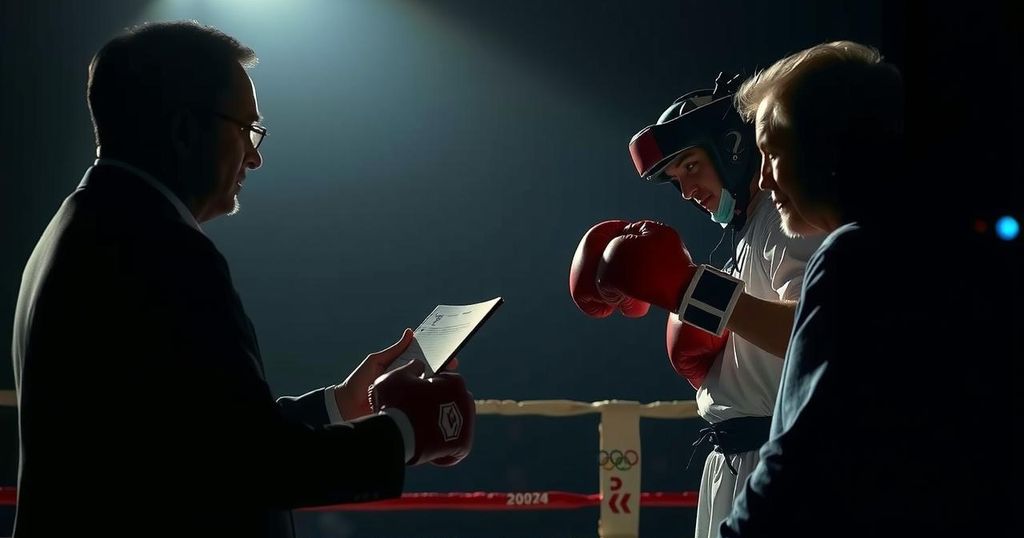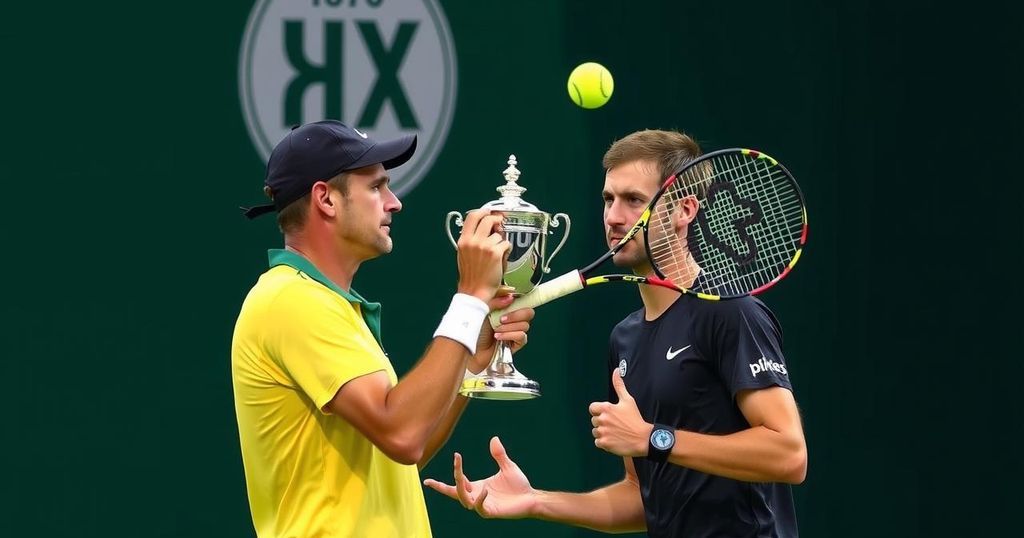Evaluating Integrity and Future of Olympic Boxing: Insights from Doug Emery
In a remarkable intersection of local history and international competition, Lincoln native Doug Emery was invited to evaluate boxing judges at the Paris Olympics. A former boxer himself, Emery brings a wealth of experience, having previously assisted in timekeeping during a prior Olympic event. Now, he assesses the scoring decisions of judges, meticulously documenting their performance in light of combat outcomes.
Emery explained that his role involves closely monitoring each bout, ensuring that the judging aligns with the most evident victors. “In instances of close rounds, there may be subjective interpretations; however, match results where the clear winner is overlooked require scrutiny and accountability,” he stated. His evaluation methods strive to uphold the integrity of the competition, particularly important in a context where he found this year’s event to be the cleanest in recent memory, devoid of any glaring discrepancies in judgment.
A notable discussion point arose concerning gender identity issues, following the disqualification of two female boxers from Algeria and Chinese Taipei due to gender testing controversies. While some officials expressed concerns, Emery underscored that those decisions were beyond their jurisdiction, determined solely by the International Olympic Committee (IOC).
Emery further addressed the looming question of boxing’s future in the upcoming 2028 Olympic Games. He revealed that the IOC had previously intervened due to inadequate governance from the former boxing authority, asserting its commitment to establishing a new, competent authority to oversee future competitions. Despite the considerable challenges ahead, he remained optimistic, citing the enduring popularity of boxing as a core Olympic event.
The conversation turned to the performance metrics of national teams, notably the disheartening results for the United States. Emery attributed these outcomes to changes in qualification processes and noted that the current cohort may not fully reflect the depth of talent available. As the sports landscape evolves, he acknowledged that sectors such as female boxing have historically lagged, highlighting disparities in competitive readiness when compared to other countries like Canada.
In conclusion, Doug Emery’s insights provide an enlightening perspective on the integrity of boxing at the Olympic level, its governance challenges, and the necessity for continual adaptation within the sport as it faces scrutiny and transformation on the world stage. His commitment to ensuring fair representation and success for U.S. boxing epitomizes the spirit of sport, embodying both the challenges and triumphs athletes face in pursuit of excellence.








Post Comment